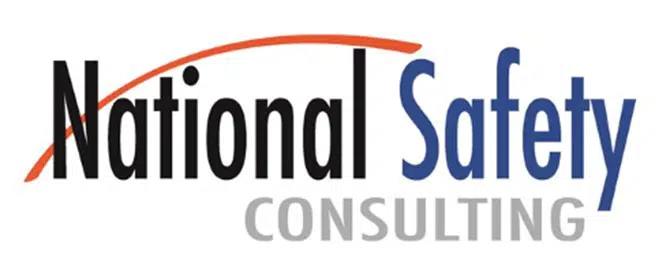Sniffles, headache, sore throat…oh my! Could this be COVID or is it a cold/flu? The only way to know for sure is by getting a test…but which one?
With the rapidly spreading variant, Omicron, testing is important even though the symptoms remain mild for the majority of whom are fully vaccinated. With its ability to spread easier and faster than previous variants, Omicron is leading to more infections. Hence, even the small percentage of patients getting seriously ill have bogged down the healthcare system and put further strain on our doctors and nurses on the front line. As of January 4th, hospitalizations hit 100,000 for the first time in months and about 1,200 new deaths are being reported daily. Experts warn theses hospitalization numbers will go higher. The best way to protect yourself, loved ones and others is to get fully vaccinated, and if you get sick, isolate the recommended amount of time according to CDC guidelines.
Types of Test
There are two types of testing available: Viral test and antibody test. Viral tests are diagnostic and tell you if you currently have the infection: PCR and antigen test fall into this category. The antibody test, also known as a serology test, is designed to detect a past infection. They cannot be used to diagnose COVID or determine your immunity level.
PCR and antigen test each detect different parts of the virus by analyzing samples from the patient via nasal swab or saliva.
PCR (Polymerase Chain Reaction):
The PCR test is a genomic test. It looks for the RNA part of the virus. It is a very sensitive test and able to pick up the virus at lower levels even before symptoms develop. Typically, this test is done at a large testing facility by swabbing the patients’ nasal passages or saliva from spitting into a tube. Though this is the most accurate of the two tests, results take longer. Usually anywhere from 12 hours to five days.
NAAT Test:
Nucleic Acid Amplification Test, or NAAT, like the PCR test, this test looks for the genetic material in the test sample to identify the RNA. These are offered at some testing facilities including pharmacies on the ID NOW Instrument. They are performed in the same fashion as the PCR, nasal swab, or saliva and though they are slightly less sensitive than the PCR they are more accurate than the antigen test. Results are read onsite and are available in about 15 minutes.
Antigen Test:
The Antigen test looks for molecules on the surface of the virus. These tests are available for at-home use and therefore very convenient and you have results in as little as 15 minutes. The kits supply easy to follow, precise instructions on how to collect the sample and perform the test. “Positive results from antigen tests are highly accurate,” the FDA writes, “but there is a higher chance of false negatives, so negative results do not rule out infection.” These tests are more accurate when symptoms are present. It is recommended to test within the first 3-5 days of illness when you are at the peak of viral load. False negatives results increase if you test too early or past the three-day mark. If you test negative and your symptoms worsen, you should get the more sensitive PCR test to rule out infection.
Getting Tested
You will need an appointment to get a PCR / NAAT test. This can be done online, and the test performed contactless through a drive-thru testing site or at a pharmacy.
Antigen Test (home test) can be purchased over the counter at pharmacies, online vendors, and some big box stores IF you can find them. The failure of manufacturers to anticipate the rising demand caused a shortage of supply. Now companies are ramping up production to meet the needs brought on by this latest COVID spike and cold & flu season. Buyer beware. There are plenty of bad actors trying to make money off others desperation by selling fake test. Before you buy, check these listings for FDA approved antigen diagnostic test. If you do not see the test named on the list, it has not been authorized for use in the U.S.
Regardless of a negative COVID test, if you are sick recover at home and mask when having to venture out. If you are not fully vaccinated for COVID, wait until you are healthy and then get the vaccine.
